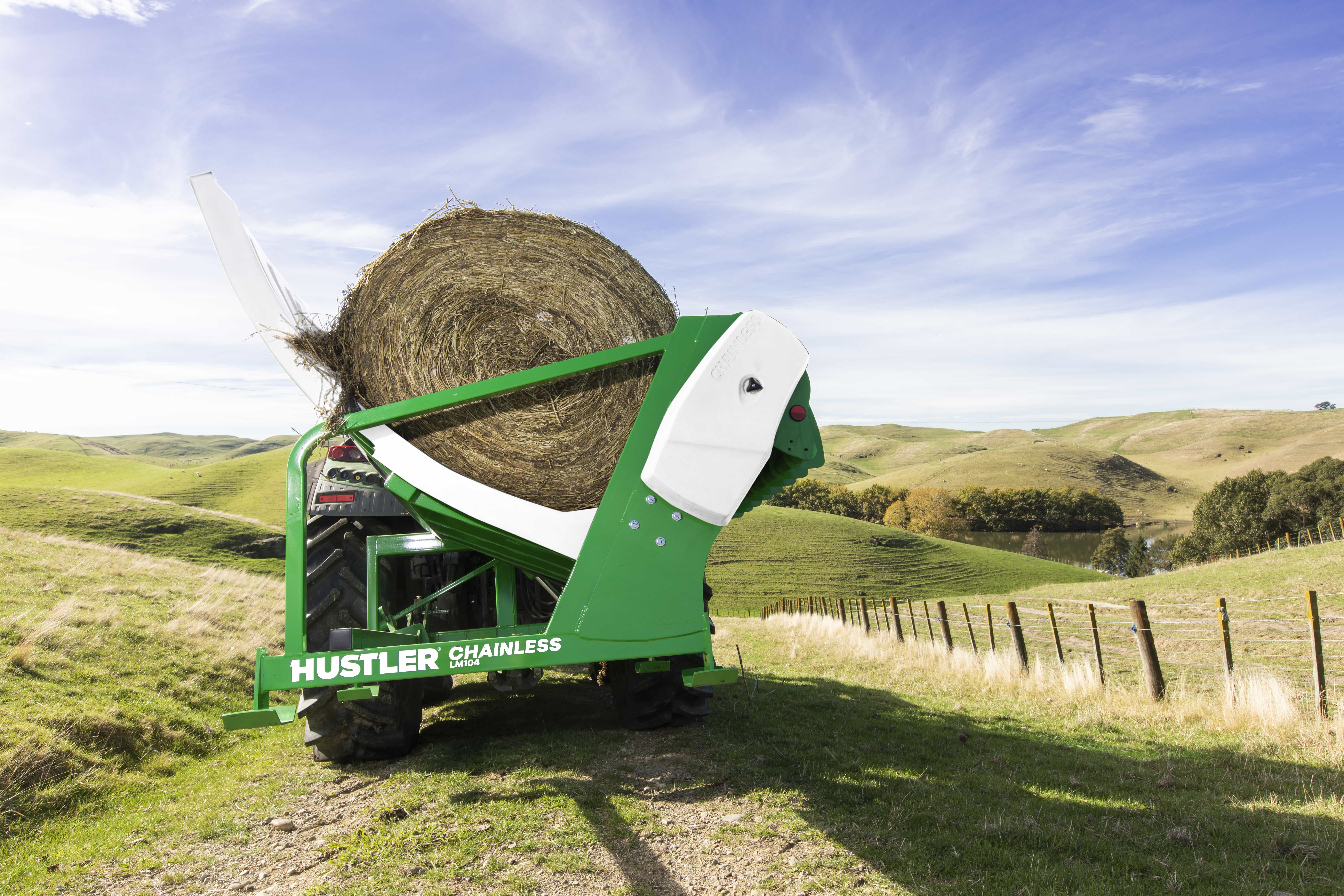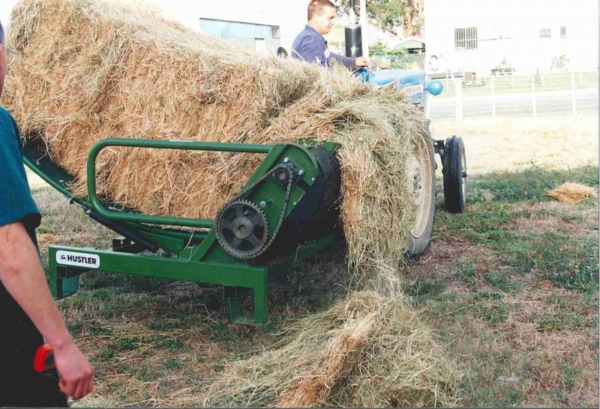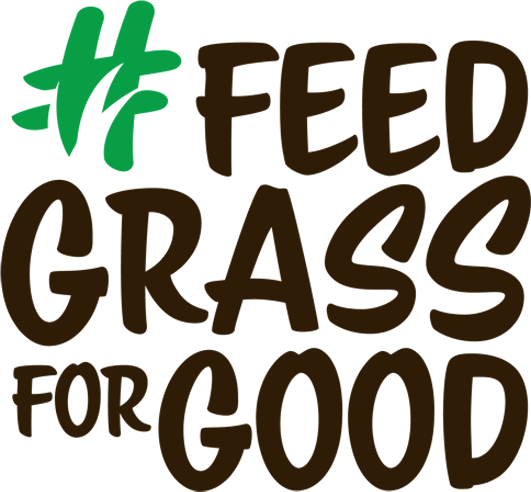Why we chose polyethylene for the design of our heavy-duty farm machinery
To take on the challenge of making heavy-duty farm machinery that was highly resistant to impacts and corrosion while also being lightweight and environmentally sustainable, Hustler has chosen to use polyethylene instead of steel to design some of our heavy-duty farming machinery’s platform or floor, such as the Chainless bale feeder range, the EzFeed silage wagon range or the Combi multi-feeder range. Many of you have asked us why. The answer is simple: we have found polyethylene to be the best product and here are the reasons why!

A lightweight material that adapts to your needs
With a density of 0.88-0.96 g/cm³ for polyethylene compared to 7.5-8 g/cm³ for steel, it’s easy to see why we’ve been able to make lightweight machines. The lightness of a piece of agricultural equipment has an important impact on the way you work, as this is where you gain versatility and adaptability. A lightweight machine gives you the choice of using a low-powered tractor or a front loader and will have less impact on your land.
A highly durable and versatile material
When you talk about plastic, it always sounds a bit cheap. But did you know that polyethylene is used in the manufacture of bulletproof vests? Polyethylene is strong, has very good flexural strength, even at low temperatures and does not absorb moisture. Polyethylene guarantees maximum reliability against corrosion and oxidation problems, unlike steel which you may have to replace after a few years. In addition, polyethylene can be treated with anti-UV agents.
A material with a low coefficient of friction
Polyethylene has excellent sliding properties, offering 30% less friction resistance than steel, which facilitates the distribution of sticky bales (wrapped, low dry matter…). This puts less strain on the hydraulic motor, which requires less power and flow!
A safe material to handle
Today, perhaps more than ever, safety is essential. For you and for our staff working in our factories, polyethylene is a safe material. Lightweight and durable, polyethylene products are easy to handle and reduce plant hazards compared to other materials. In addition, polyethylene is non-toxic and is therefore widely used in food applications.
An environmentally friendly material
Who says plastic can’t be environmentally friendly? While steel is made from non-renewable natural resources, polyethylene is abundantly available. New technological innovations make it possible to obtain it from non-fossil resources such as sugar cane. Linear high-density polyethylene is a 100% recyclable raw material.
An easy and inexpensive material to replace
Despite all the qualities of polyethylene described above, in the unlikely event that you need to repair a crack, polyethylene can be repaired by simple plastic welding. If you need to replace a part, the good news is that polyethylene is cheaper than steel!
And what do an ice-skating arena and a livestock feedout wagon have in common? Watch this episode of 60 Seconds of MiNT where host Oli Brunton explains in detail why the right choice of materials is essential in the manufacturing process of our machines.

We’ve come from far since mid 1990’s – trialling the platform/floor surfaces with square hay bales!
Here at Hustler, farming sustainably is at the heart of everything we do.
Our belief in sustainable farming practices underpins our range of world-leading livestock feeding solutions. If you are looking for farming equipment near you or buying livestock feeding equipment, contact our friendly team today!
You may also like to take a look at some of these great resources:
- The Art of Sustainable Hay Feeding in a Tough Economy
- Benefits of feeding long-stem hay, especially when weaning calves
- Does it really make sense to ground-feed onto mud?
- Increasing Soil Fertility and Forage Production through Pasture Management
- How to deal with hay shortage in drought conditions
- Improve your pasture for free with your bale feeding routine
- 8 Benefits to rotational grazing



























